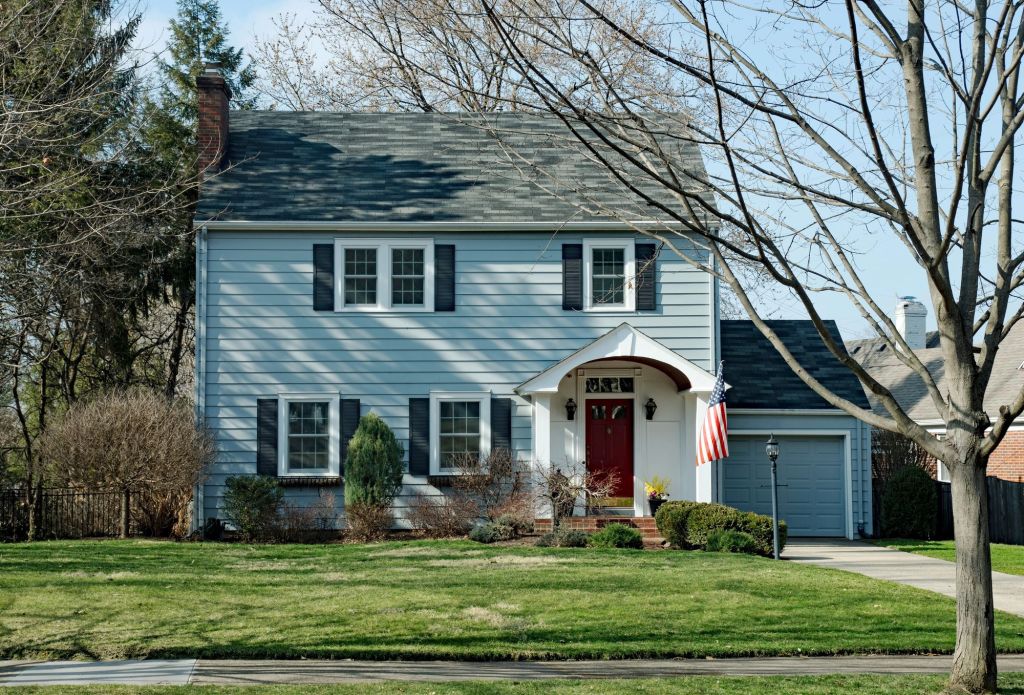For decades, Midwest homeowners have battled water intrusion and foundation issues caused by heavy rainfall, clay soils, and dramatic seasonal changes. These persistent challenges require expertise that comes only from years of experience dealing with regional conditions that differ dramatically from other parts of the country.
One company has built its reputation on stopping leaks and protecting basements through changing weather patterns and evolving construction technology. Experience matters enormously in waterproofing because what works in one region fails miserably in another due to soil types, climate patterns, and building methods.
The methods and expertise behind U.S. Waterproofing at https://www.uswaterproofing.com/locations/detroit demonstrate how decades of focused experience create solutions that actually work long-term. Understanding how their approach evolved to keep homes dry year after year reveals why longevity and regional specialization matter when protecting your biggest investment.
Early Solutions and Industry Leadership

Pioneering waterproofing techniques in the Midwest required understanding clay soil expansion, freeze-thaw cycles, and drainage challenges that contractors from other regions never encountered. Early systems developed through trial and error as the company learned which methods worked reliably versus those that failed after a few years.
Industry standards evolved partly through innovations that successful regional companies developed and shared with broader markets. Solutions designed for Midwest conditions often proved superior to generic approaches because they addressed the harshest challenges that waterproofing systems face anywhere.
Long-term performance data accumulated over decades reveals which systems truly last versus those requiring frequent repairs or replacement. This institutional knowledge prevents repeating mistakes that newer companies make by applying untested methods to challenging conditions.
Adapting to New Materials and Technology
Modern drainage materials replaced older systems as better products became available, but adoption required careful testing under local conditions. New materials that worked brilliantly in dry climates sometimes failed in Midwest freeze-thaw cycles or with clay soil movement patterns.
Sump pump technology advanced dramatically from simple mechanical pumps to sophisticated systems with battery backup, alarm systems, and remote monitoring capabilities. These improvements came from understanding failure modes that decades of field experience revealed through customer feedback and warranty claims.
Waterproofing membrane evolution improved protection as manufacturers developed better materials, but experienced contractors knew which products performed reliably versus marketing hype. Field testing under real conditions separated genuine improvements from products that looked good on paper but failed in practice.
Proven Techniques for Midwest Soil and Weather

Clay soil management requires specific approaches because expansion and contraction creates forces that standard waterproofing can’t handle without proper design. Systems must accommodate movement rather than fighting against soil dynamics that will eventually win through sheer pressure.
Freeze-thaw protection becomes critical when water trapped in foundation cracks freezes and expands, causing progressive damage that worsens annually. Midwest waterproofing must account for these cycles that don’t occur in temperate regions where standard approaches work fine.
Seasonal water table fluctuations affect drainage design because systems must handle peak groundwater levels during spring while avoiding dry sump basins that allow pump seals to deteriorate. Understanding these patterns prevents over-designing or under-designing systems that need to perform year-round.
Customer Service and Long-Term Support
Warranty fulfillment over decades proves that companies will actually honor commitments made when systems get installed. Long business history provides confidence that contractors will still exist when you need warranty service years later.
Ongoing maintenance support helps customers keep systems functioning properly through regular testing, pump replacements, and system updates as homes and conditions change. Established companies provide continuity that newer contractors can’t match.
Problem resolution experience accumulated through thousands of installations means established companies have seen virtually every issue that can arise. This knowledge accelerates troubleshooting and ensures effective solutions rather than experimental approaches that might not work.
Conclusion
Decades of waterproofing experience matter enormously when protecting basements because regional expertise can’t be replaced by general knowledge or brief training. Understanding Midwest soil, weather, and construction methods takes years of field work under actual conditions.
Companies that survive for decades do so by delivering results that keep customers satisfied and generate referrals that sustain businesses long-term. Longevity itself demonstrates competence because poor performers don’t last when customers can choose from many contractors.
Protecting your home through comprehensive waterproofing deserves partnering with companies that have proven themselves over extended periods rather than taking chances with unproven contractors. Experience translates directly into better results through knowledge that only comes from decades of successfully solving problems.
Related
<!–
–>

